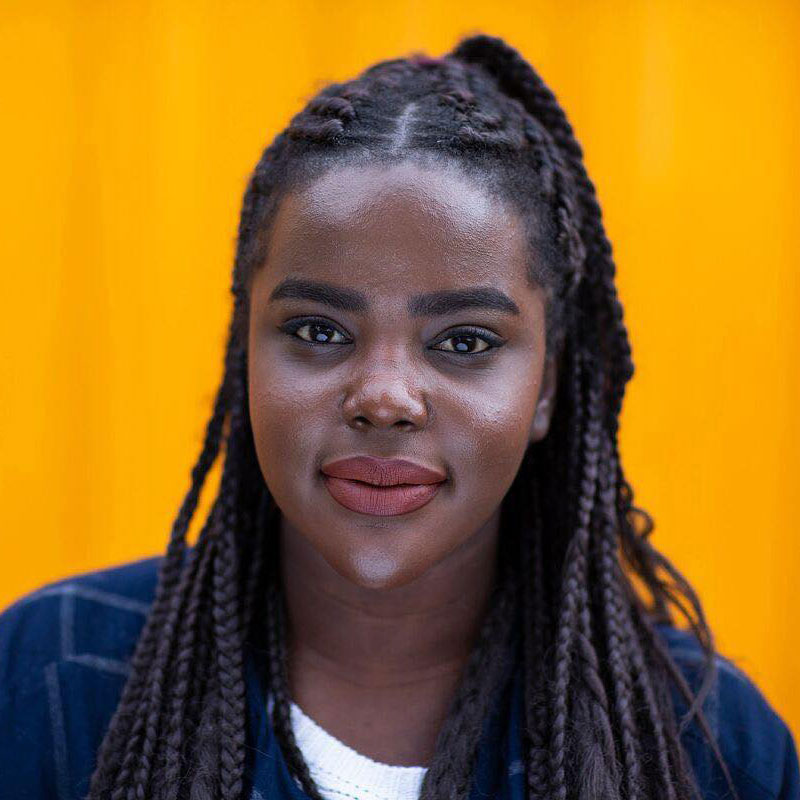Yusra Hasan
Australia

Social Media handles:
Instagram: yusraamer
Facebook: Yusra Amer
Engagement
Yusra has experience in the non-profit youth sector, and has worked with various community organisations including those that work with young people from diverse backgrounds. She is currently on the Young Women's Council, Australia and is also part of an advisory group called the Victorian Youth Congress, which advises on the state government's policy and agenda's regarding Victoria's young people. Yusra also has experience in similar youth advisory group's with a more projects-based focused. She is currently completing a Graduate Entry Bachelor of Law.
Area of Interest
Yusra is keenly interested in the advancement of women’s rights – specifically related to female genital mutilation and issues around consent and sexual/gender violence. She wants to use her platform and position as a 25x25 to further the advancement of these issues.
In Her Words...
"She has the right, To information, to health care, to choose".
This extract from the SheDecides manifesto particularly resonated with me when I first read it. Choice for me is a concept laden in the constrictions of expectation, of the violence experienced by women when trying to exercise theirs. My rights, especially as they came to myself and my own autonomy, for a long time existed only within my periphery; something that other people had, but not necessarily something over which I had any personal control. Growing up as a migrant in Australia, I had dual experiences of gender inequity and the dialogue around sexual violence. The dialogue that surrounded feminism and bodily autonomy was one I felt connected to; however, I was often tentative engaging directly in these dialogues, both because I did not see myself represented in these spaces and because I continued to battle with the stigmas that existed within my many communities (Sudanese, Muslim, black, woman, migrant). After some time, I realised that I wasn’t alone in this experience.
The issues of sexual and domestic violence, service accessibility, and more broadly, gender inequity, are issues that Australia as a whole still grapples with in varying degrees. What drew me initially towards the SheDecides platform was a desire to ensure that the movement and dialogue towards positive change was accessible and inclusive of all. If positive change is occurring, I believe that its occurring disproportionately – that there are specific barriers faced by some that are not adequately addressed in the momentum towards change. If there is one thing I could hope to impact as a member of the SheDecides 25x25, it would be to normalise this dialogue, and to ensure that change enacted is change that is accessible and intersectional. I believe that shifting mindsets and giving people a means to meaningfully engage is a lever for broader, systemic change.
Another lever for change, and something I passionately advocate for, is education that is culturally responsive and that engages meaningfully. To practice one’s rights means to be informed. Moreover, in the process of combatting community stigma, or even systemic barriers, I believe as well that everyone must be brought along. Australia as a diverse country with a complex history (particularly with regards to colonisation, migration, etc.) has a ways to go in terms of change – as does much of the world, admittedly. But what I hope is that irrespective of background, no woman or girl feels that they do not have access to their rights, or to the services, care, resources or information they need.
To quote again from the Manifesto, "Together, we create the world that is better, stronger, safer." This can only be achieved when together, we are inclusive, diverse and intersectional.
Tell us briefly why you are passionate about being involved with SheDecides?
"The 25x25, as well as the role of the She Decides movement, are integral to the continued advancement of women’s rights and equal participation within society. This work must continue because to live in a world where she does not decide means to live in a world deprived of its full potential.

